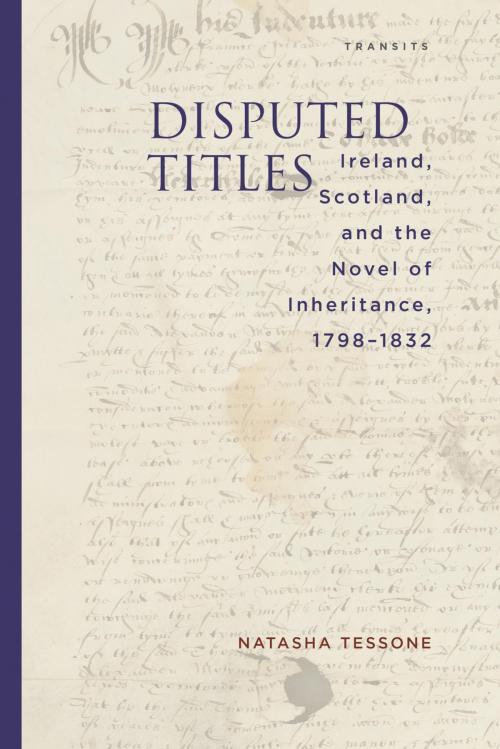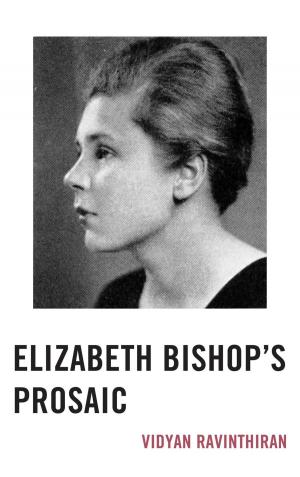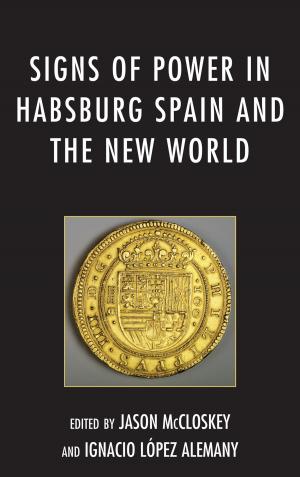Disputed Titles
Ireland, Scotland, and the Novel of Inheritance, 1798–1832
Fiction & Literature, Literary Theory & Criticism, European, Eastern European, British, Books & Reading| Author: | Natasha Tessone | ISBN: | 9781611487107 |
| Publisher: | Bucknell University Press | Publication: | October 30, 2015 |
| Imprint: | Bucknell University Press | Language: | English |
| Author: | Natasha Tessone |
| ISBN: | 9781611487107 |
| Publisher: | Bucknell University Press |
| Publication: | October 30, 2015 |
| Imprint: | Bucknell University Press |
| Language: | English |
Disputed Titles: Ireland, Scotland, and the Novel of Inheritance, 1798-1832 argues for the centrality of inheritance—often impeded, disrupted inheritance—to the novel’s rise to preeminence in Britain during the Romantic period. Novels by Maria Edgeworth, Sydney Owenson, Charles Maturin, Walter Scott, and John Galt are densely populated by orphans, changelings, and lost and kidnapped heirs, and privilege a romance plot of dispossession that undermines the illusion of continuity implicit in the very concept of legacy. Through narratives of illegitimate ownership and other similar genealogical aberrations, authors from Britain’s “peripheries” interrogate their equivocal places in the uneasy compound of “The United Kingdom of Great Britain and Ireland.” Moving between the local and global manifestations of inheritance, their novels imagine history as contested property in order to explore vital issues of historic transition and political legitimacy, issues of immense consequence in the revolutionary climate of the late eighteenth and early nineteenth centuries.
Disputed Titles: Ireland, Scotland, and the Novel of Inheritance, 1798-1832 argues for the centrality of inheritance—often impeded, disrupted inheritance—to the novel’s rise to preeminence in Britain during the Romantic period. Novels by Maria Edgeworth, Sydney Owenson, Charles Maturin, Walter Scott, and John Galt are densely populated by orphans, changelings, and lost and kidnapped heirs, and privilege a romance plot of dispossession that undermines the illusion of continuity implicit in the very concept of legacy. Through narratives of illegitimate ownership and other similar genealogical aberrations, authors from Britain’s “peripheries” interrogate their equivocal places in the uneasy compound of “The United Kingdom of Great Britain and Ireland.” Moving between the local and global manifestations of inheritance, their novels imagine history as contested property in order to explore vital issues of historic transition and political legitimacy, issues of immense consequence in the revolutionary climate of the late eighteenth and early nineteenth centuries.















